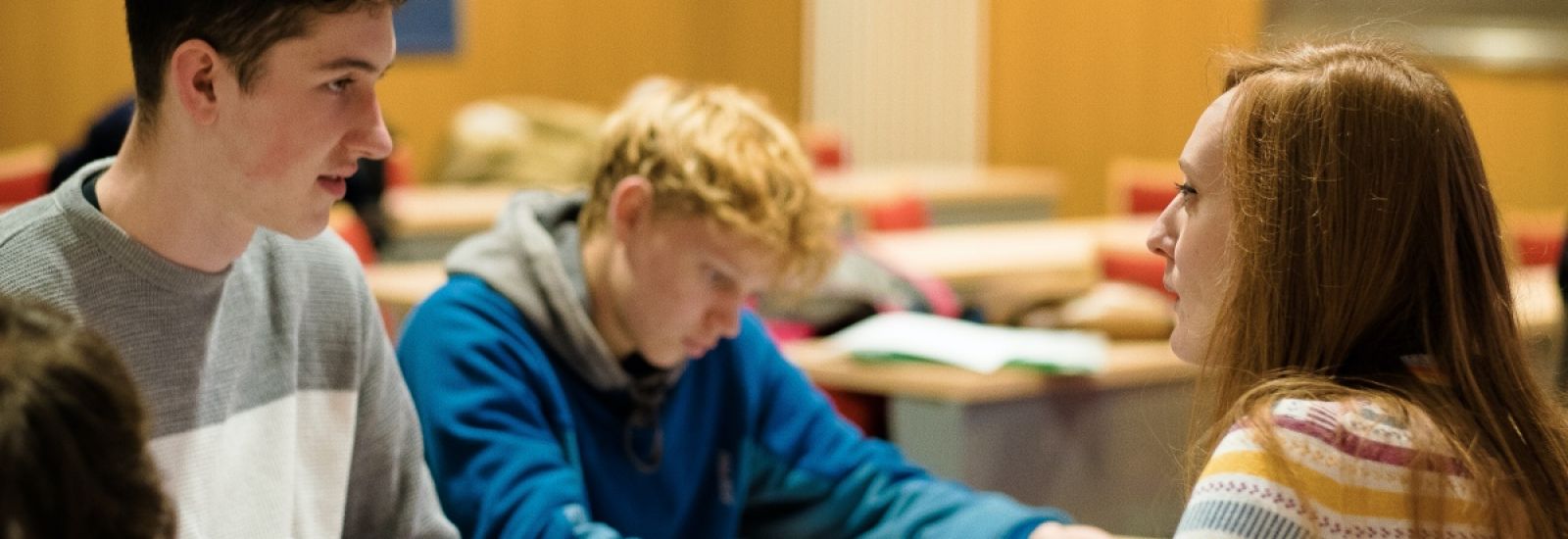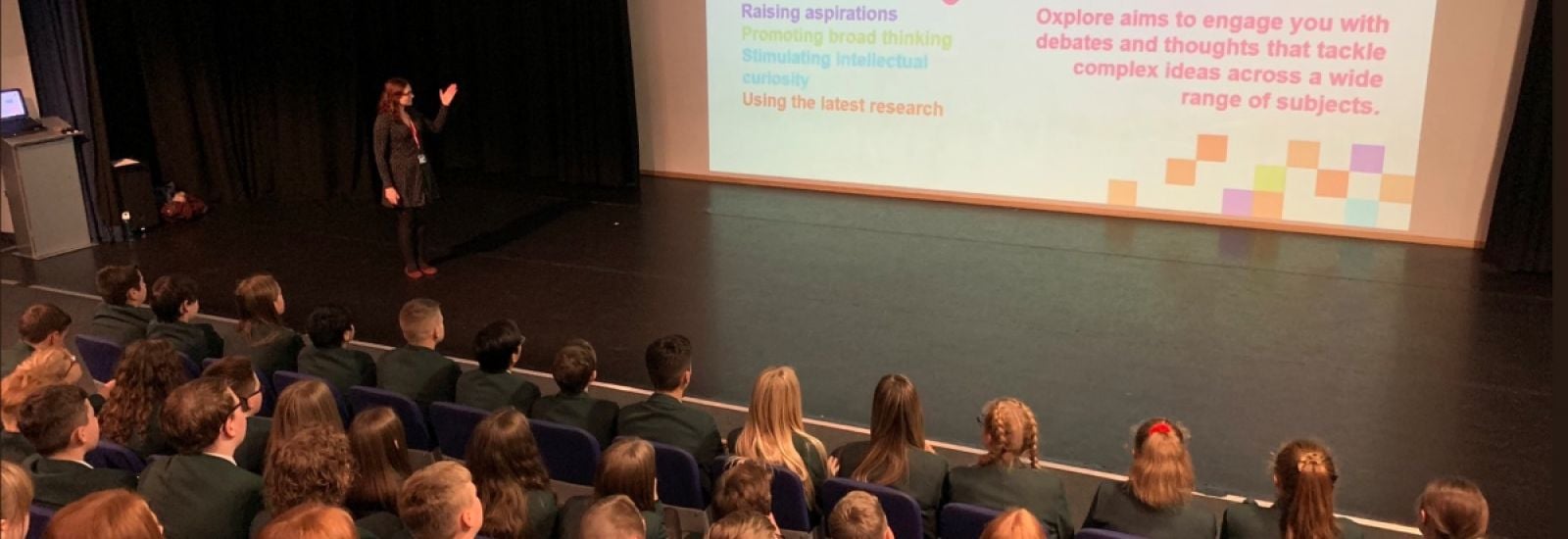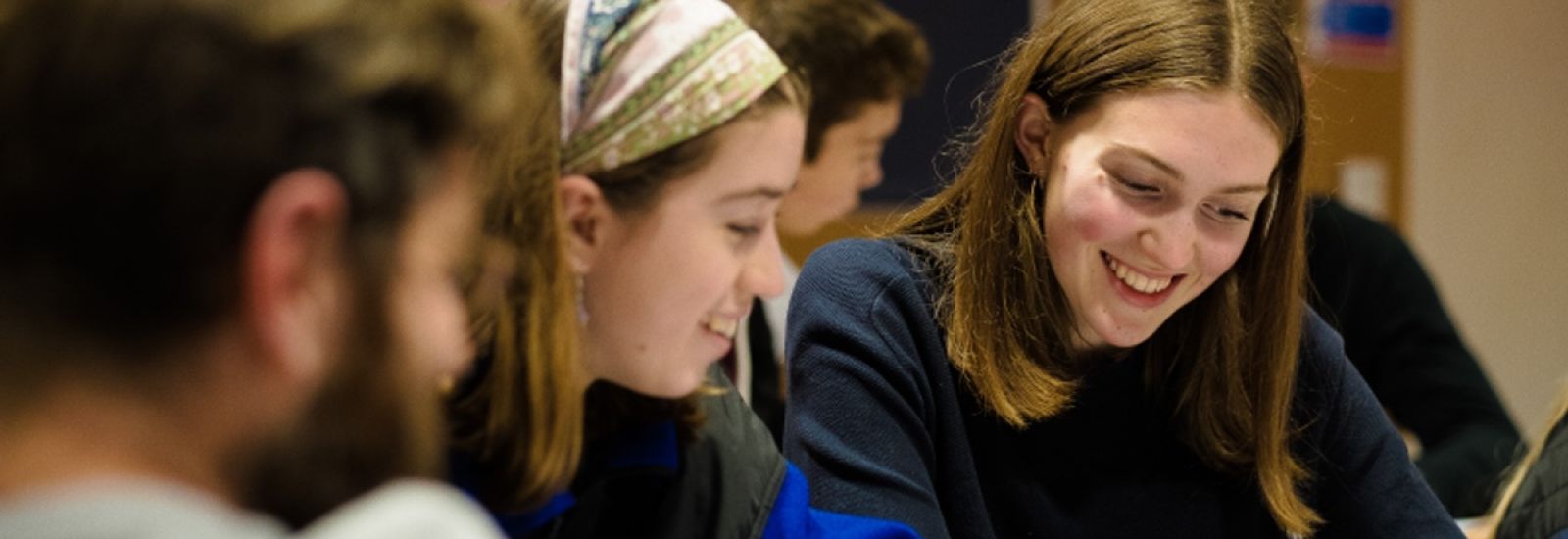
Resources
In addition to the opportunities provided by Oxford for East Midlands, there are lots of resources available that will help to develop students' intellectual curiosity.
Preparing for Oxford- Resource Pack
The Oxford for East Midlands team have prepared a resource pack aimed at helping prospective applicants explore subjects that interest them and to find out more information about Oxford. The pack includes links to Oxford made and external resources relating to university life and specific subjects, promoting everything from in-person events to podcasts to competitions.
View the Preparing for Oxford Resources Pack or download a copy.
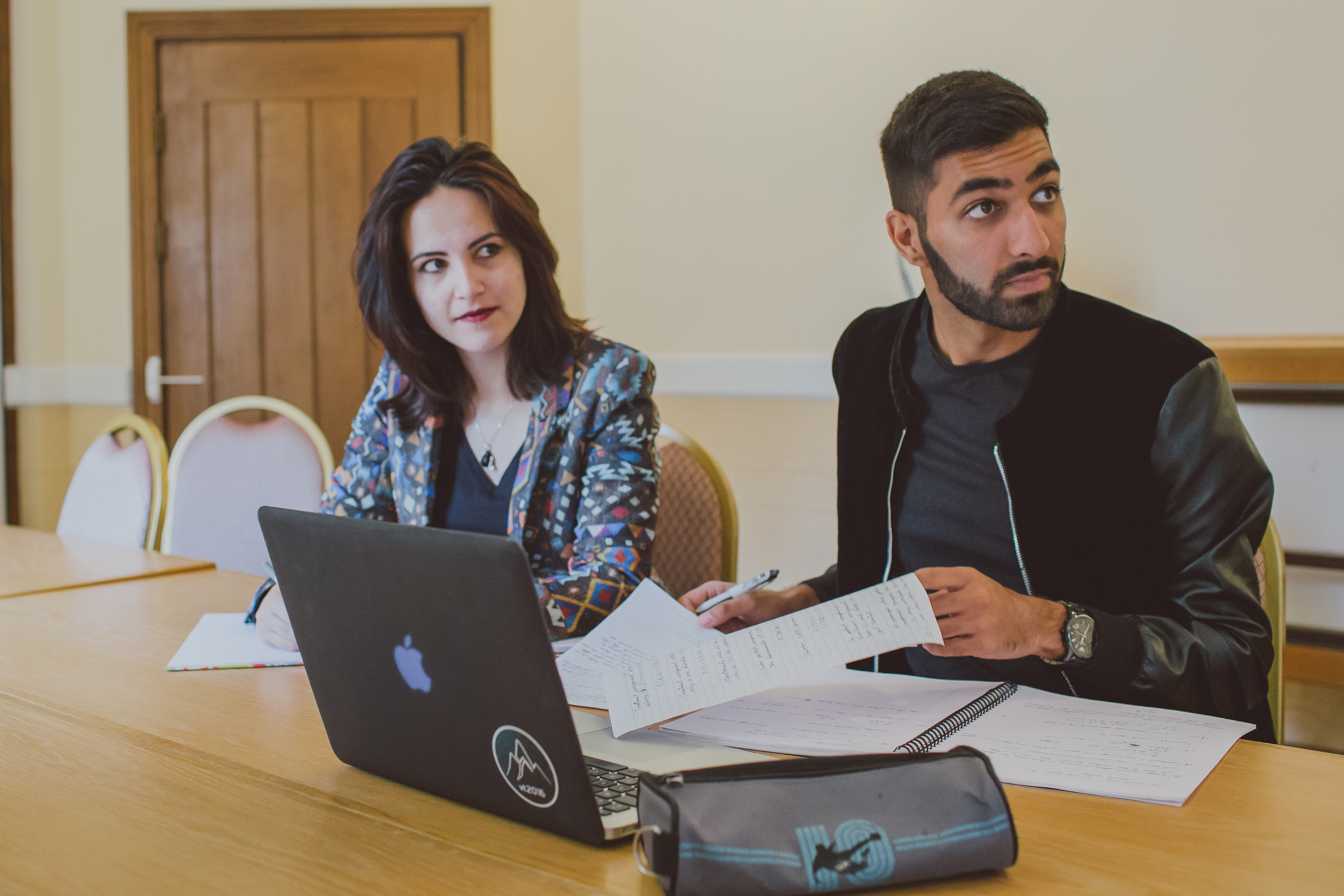
What is 'super-curricular'?
'Super-curricular’ activities are educational activities which go above and beyond the school curriculum. This can be anything from podcasts, documentaries, trips to a museum, books, magazines, online programmes and more. This will be particularly important as you prepare to write your personal statement, but also in giving you a broader insight into potential degree choices.
How to choose resources
There are no right or wrong resources to use when it comes to super-curricular activities. There is no one thing everyone who studies a certain subject will have read or done before they apply to Oxford - you get to choose what will work best for them. You can choose a resource that expands and goes beyond something from a school lesson or it can be based on a topic you've never studied but would like to. The main thing is that it is something you are passionate about and will enjoy doing.
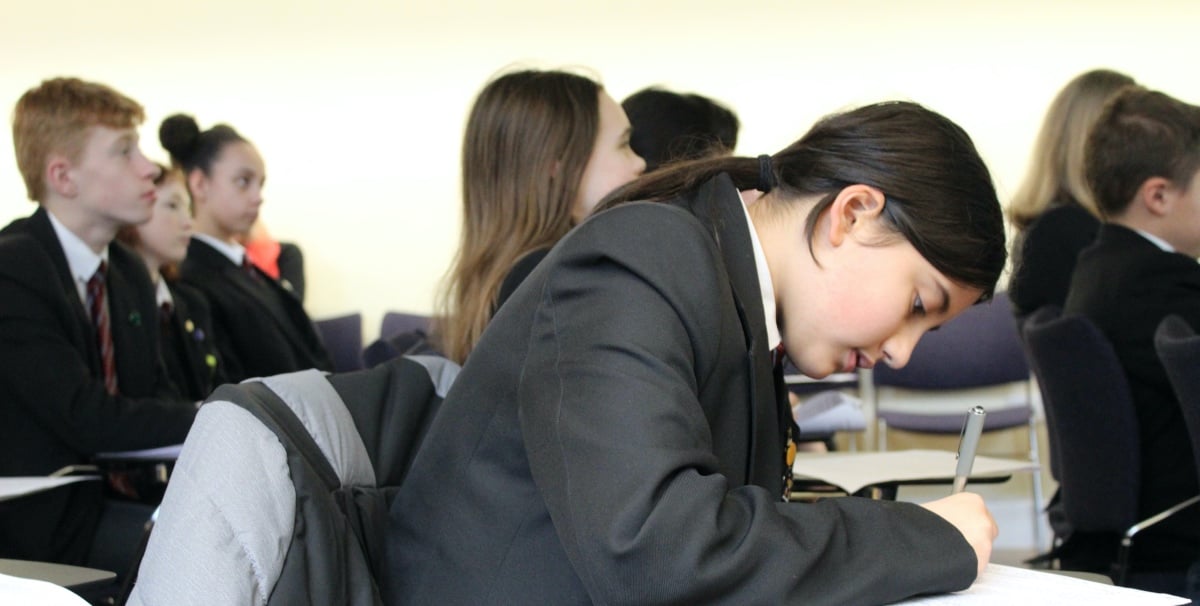
How to get the most out of super-curricular activities
To get the most out of these activities and resources, you should think critically about things you engage with. For example, think about why you are interested in this topic, what more you'd like to know about it and how your opinion has changed or stayed the same as a result of what you have read/seen/listened to. These activities will be what forms the academic content of your personal statement and may be asked about at an Oxford interview - keep a note of what you have done to make sure you don't forget.
